Company Directory - U.S. Education Department
Company Details - U.S. Education Department

U.S. Education Department
WebsiteWashington, D.C., United States
The U.S. Education Department is a federal agency responsible for promoting student achievement and ensuring equal access to education in the United States. It oversees the implementation of federal education laws, provides financial assistance to students, and supports educational research to improve educational outcomes.
CCI Score
CCI Score: U.S. Education Department
6.45
0.03%
Latest Event
Freeze of DEI Grants Upheld by Supreme Court
On April 4, 2025, the U.S. Supreme Court sided with the Trump administration in a dispute regarding the U.S. Education Department's decision to freeze $65 million in DEI-related grants. The grants, aimed at supporting programs for marginalized groups including HBCUs and Tribally Controlled Colleges, were halted on grounds that they promoted discriminatory practices. This action has raised concerns about the undermining of inclusive educational policies.
Take Action
So what can you do? Support U.S. Department of Education by shopping, spreading the word, or offering your support.
- Shop Alternatives
SEE ALL - Use Your Voice
OTHER TOOLS - Investigate
- Share the Score
SUPPORT CCI
OBJECTOR
U.S. Education Department is currently rated as an Objector.
Latest Events
 APR042025
APR042025On April 4, 2025, the U.S. Supreme Court sided with the Trump administration in a dispute regarding the U.S. Education Department's decision to freeze $65 million in DEI-related grants. The grants, aimed at supporting programs for marginalized groups including HBCUs and Tribally Controlled Colleges, were halted on grounds that they promoted discriminatory practices. This action has raised concerns about the undermining of inclusive educational policies.
-50
Public and Political Behavior
April 12
The decision to freeze DEI-related grants undermines initiatives that support marginalized communities and promote equality in education. By aligning with the Trump administration’s push to dismantle DEI funding, the U.S. Education Department has taken an action that could be seen as reinforcing authoritarian measures and curbing progressive educational policies.
Supreme Court sides with administration over Education Department grants
 MAR152025
MAR152025In March 2025, the U.S. Education Department announced the results of its investigation concluding that the Maine Department of Education violated Title IX by permitting transgender girls to participate on girls’ teams. The action reinforces federal anti-discrimination standards in education.
 FEB152025
FEB152025On February 15, 2025, the U.S. Department of Education issued a Dear Colleague Letter directing all federally funded educational institutions to cease using racial preferences and stereotypes in admissions, hiring, and other institutional practices. The policy warns that failure to comply may result in investigations and loss of federal funding.
-60
Public and Political Behavior
April 12
The directive mandates the end of race-based considerations, effectively dismantling long-standing DEI measures that have historically supported marginalized communities. By reversing policies meant to uphold racial equity in education, the department's action undermines protections and opportunities for minority students, aligning with authoritarian tendencies that prefer a rigid meritocracy over inclusive practices.
U.S. Department of Education Directs Schools to End Racial Preferences
 OCT012024
OCT012024In October 2024, the U.S. Education Department released its Toolkit for Safe, Ethical, and Equitable AI Integration along with nondiscrimination guidance. These resources aim to help educational institutions address the challenges of algorithmic bias and ensure that AI implementation is aligned with civil rights standards, thereby reinforcing protections for marginalized students.
+70
Public and Political Behavior
April 12
The release of these guidelines demonstrates progressive public and political behavior by reinforcing civil rights in education. The initiative supports transparency and fairness and counters authoritarian approaches by ensuring state educational policies protect vulnerable groups.
+80
Technology and Services Impact
April 12
By outlining concrete guidelines for responsible AI use, including measures to mitigate bias and protect privacy, the toolkit provides clear oversight on technological integration in schools. This proactive approach ensures that technology serves the public interest and upholds civil rights, thereby obstructing potential authoritarian misuse.
 JAN302017
JAN302017The U.S. Department of Education is implementing regulatory reforms in line with Executive Order 13771, aimed at reducing regulation and compliance costs. This move, while framed as improving regulatory efficiency, raises concerns about potentially undermining protections for students and marginalized communities by streamlining oversight and reducing accountability.
-50
Public and Political Behavior
April 12
By adopting regulatory reforms under the guidance of Executive Order 13771, the Education Department is visibly following executive directives that prioritize reducing regulatory burdens over robust protections. This can weaken public oversight and reduce safeguards for vulnerable groups, aligning with an authoritarian approach to governance.
Improving Regulation and Regulatory Reform - U.S. Department of Education
-30
Business Practices and Ethical Responsibility
April 12
The move to streamline regulations can reduce the mechanisms that ensure ethical practices and proper oversight in the education sector, potentially impacting the department’s commitment to safeguarding the rights and needs of students and educators.
Improving Regulation and Regulatory Reform - U.S. Department of Education
-20
Economic and Structural Influence
April 12
The regulatory changes may contribute to regulatory capture by prioritizing cost reduction and easing compliance burdens over thorough oversight. This can structurally favor business interests at the expense of public welfare and the pursuit of equitable education policies.
Improving Regulation and Regulatory Reform - U.S. Department of Education
 DEC232010
DEC232010An extensive review by the Office of Inspector General concluded that the U.S. Education Department adhered to lobbying restrictions by not using appropriated funds to improperly influence Congress. The report detailed several communications and activities that were thoroughly examined and ultimately found to be in compliance, reflecting a commitment to ethical and transparent political engagement.
+50
Public and Political Behavior
April 12
The report confirmed that the Department followed strict guidelines regarding the use of appropriated funds, avoiding any explicit grassroots lobbying or appeals to influence congressional actions. This adherence to regulatory standards supports transparent and accountable public political behavior, a positive indicator from an anti-authoritarian perspective.
PDF Review of the Department of Education's Outreach Activities
Alternatives
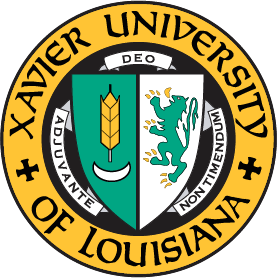
New Orleans, United States
47.81
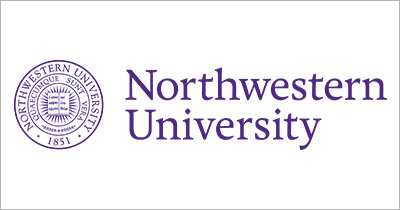
Evanston, United States
45.92

Storrs, United States
34.04
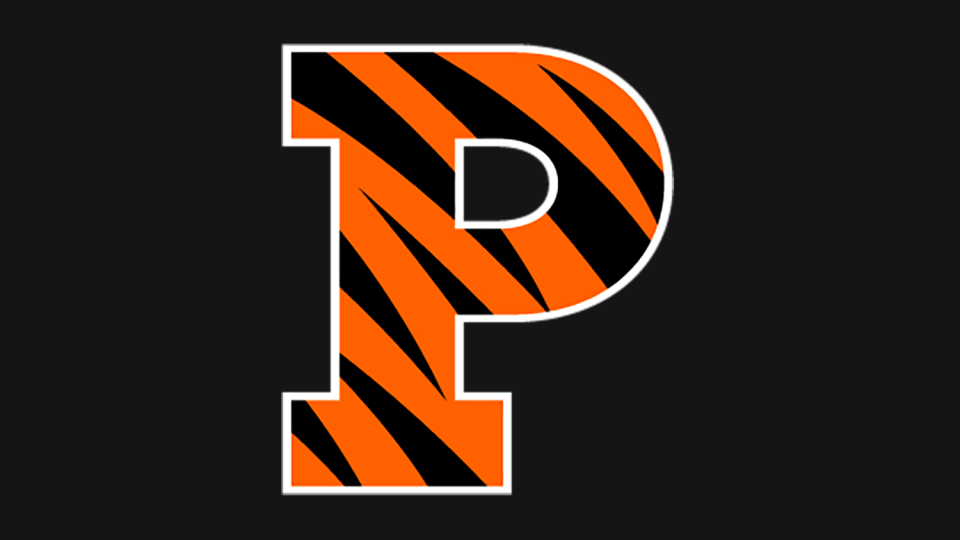
Princeton, United States
32.97

Carbondale, United States
29.59
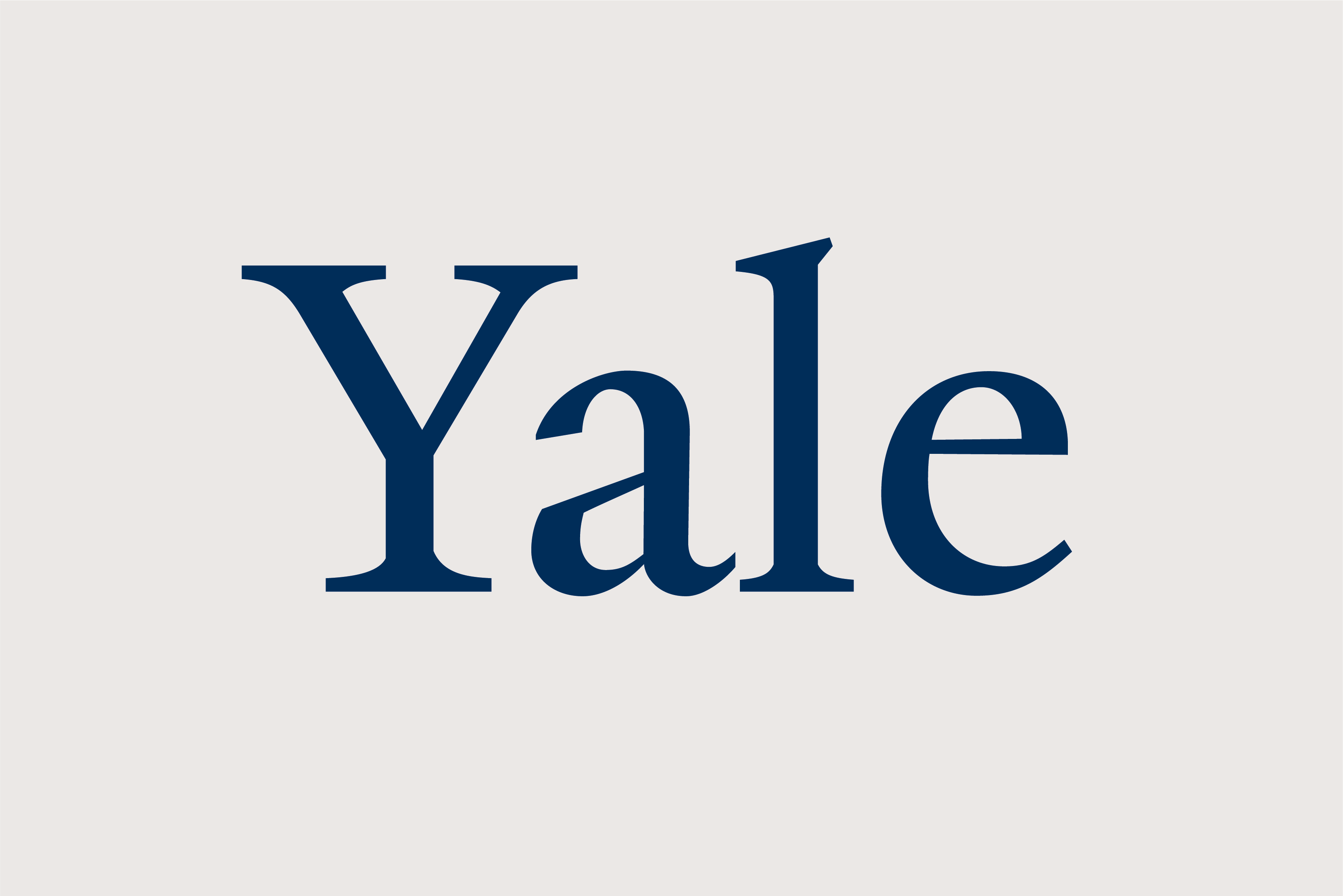
New Haven, United States
22.37

Syracuse, United States
22.25
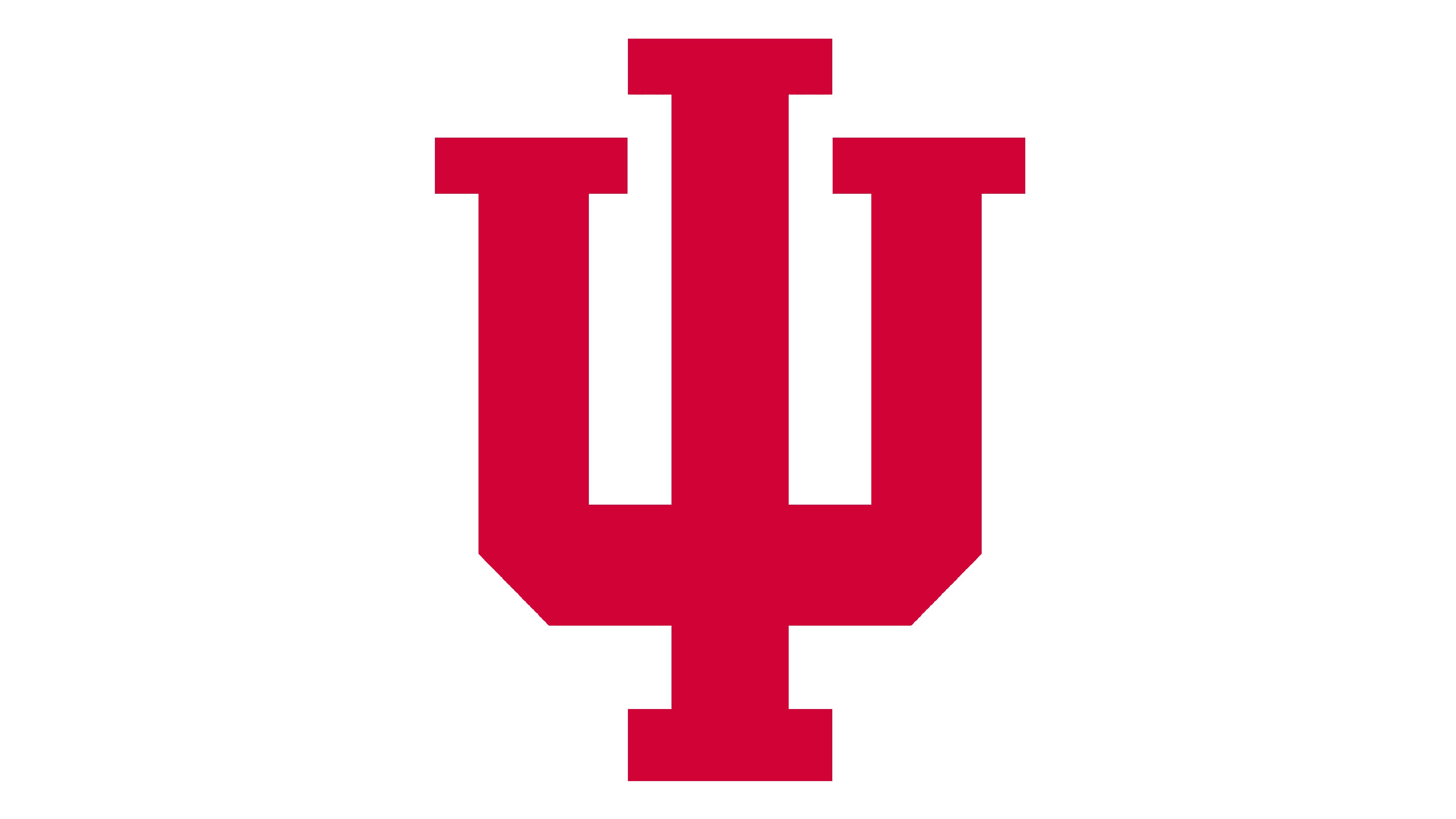
Bloomington, United States
21.07

Orlando, United States
16.12

Coral Gables, United States
-4.91
Industries
- 611310
- Colleges, Universities, and Professional Schools
- 611420
- Computer Training
- 611699
- All Other Miscellaneous Schools and Instruction